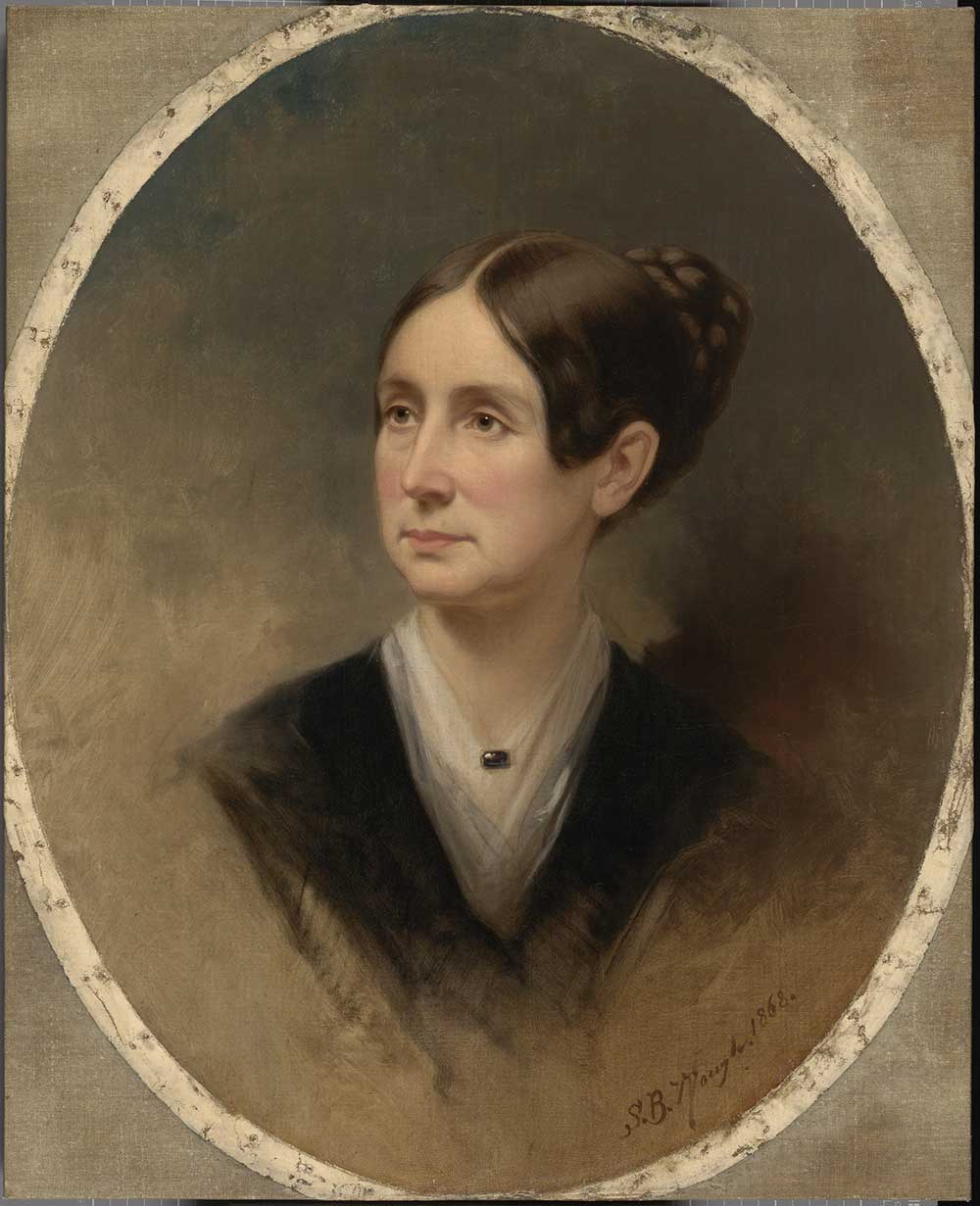
A revolutionary in the nursing field and an advocate for the mentally ill, Dorothea Dix was a well-renowned activist of the early 19th century. Born April 4th, 1802, in Hampden, Maine, she lived a troubled life with many historians believing her parents were chronically absent, her father abusive, and her mother struggling with mental health.
Due to this lack of parental care, Dix moved to Boston to live with her grandmother at the age of twelve. In Boston, she dedicated her time to studying or tutoring, eventually pursuing this passion and becoming a school teacher in 1821. Despite her depression and exhaustion, she continued to teach, leading to a mental breakdown that would prompt physicians to suggest she spend time in Europe.
While traveling Europe and recovering, Dix met with several reformers for the mentally ill and listened to their plans and treatment. These groups of reforms were driven to change the way that the mentally ill were cared for in Europe, opening Dix’s eyes to change that needed to be addressed in the United States. Upon her return to Boston a year after her European travels, Dix’s passion for reform and advocacy made her focus her efforts on improving the treatment of the mentally ill, especially those in prison and dealing with poverty.
Dix visited numerous prisons and asylums throughout the United States, touring mental hospitals throughout the country and documenting her findings on the treatment of inmates. Her consistent findings of mistreatment over several years and several institutions led her to produce pamphlets, reports, and memorials calling for reform of the way the mentally ill were treated. Her work was instrumental in the improved legislation for mental hospitals in New Jersey, Illinois, Pennsylvania, and North Carolina. She would eventually establish asylums of her own in New Jersey, North Carolina, and Illinois. Although she feverishly worked to pass federal legislation that would create a national asylum, unfortunately the bill did not pass due to political opposition. Undeterred, Dix toured overseas, reporting on the mistreatment of hospitals in various countries including Scotland, England, Nova Scotia, and Rome.

When the Civil War started in 1861, Dix dedicated herself completely to the Union cause, shifting her focus from reform to recruiting an army of nurses.
She earned herself the nickname “Dragon Dix” due to her strict demeanor and impossibly high standards. Her army of female nurses was incredibly successful and a critical part of advancing the role of women in what was once a male-dominated field as she continuously pushed for formal training and opportunities for women. Dix treated both Union and Confederate soldiers (earning her respect) and through the course of the war, she appointed about 15% of Union Army nurses.
After the war, Dix continued her advocacy for the care of the mentally ill. She would continuously review asylums and prisons during Reconstruction and raise funds for national monuments for fallen soldiers. She remained dedicated to fighting for social reform until illness confined her to her suite at the New Jersey State Hospital in 1881. Dorothea Dix died on July 17, 1887, and is buried in Cambridge, Massachusetts. Without Dix’s tireless support and efforts, significant legislation for the mentally ill might not have been achieved and women in nursing might not have been granted more opportunities if not for Dix’s pioneering work as Superintendent of Army Nurses. Her legacy is best seen in the restricted hospitals in the United States and abroad.
Works Cited
-Image 1 courtesy of Smithsonian
-Image 2 courtesy of TrentonDaily
-National Women’s History Museum. “Dorothea Dix.” Women’s History, https://www.womenshistory.org/education-resources/biographies/dorothea-dix. Accessed 12 June 2024.
-American Battlefield Trust. “Dorothea Dix: Reformer, Author, Teacher, Nurse.” Battlefields, https://www.battlefields.org/learn/articles/dorothea-dix-reformer-author-teacher-nurse. Accessed 12 June 2024.Jones, Alexander H. -“Dorothea Dix and the Tortuous Ironies of American History.” PoliticsNC, 12 Feb. 2021, https://www.politicsnc.com/dorothea-dix-and-the-tortuous-ironies-of-american-history/. Accessed 12 June 2024.
About the Author

Hello! My name is Kristel Donis and I am a senior at San Clemente High School. I am interested in nursing and history and want to be able to show my love for my combined interests so others can see how fascinating the history of STEM and the medical field are.



Leave a comment